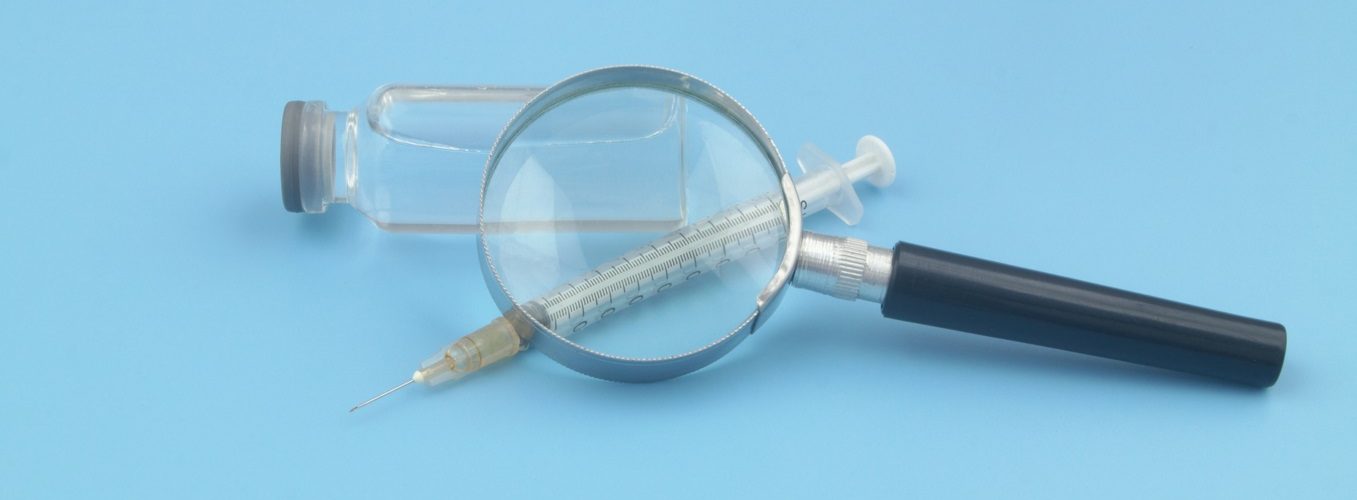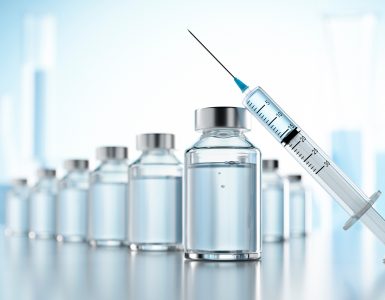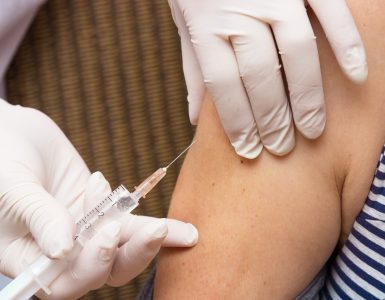By Kausalyaa Kaliapan
Each person is unique, and our reactions to vaccines vary. This variation is due to differences in our body’s internal environment, such as immunity levels, the level of activeness, and overall health. Our bodies have their own mechanism to handle external challenges.
Similar to other medications, many individuals may experience common side effects following their Covid-19 vaccination. These effects are usually mild and indicate that our body is learning to combat the foreign virus. Most side effects are short-lived, and should not prevent you from receiving additional doses or carrying out our daily activities.
The most commonly reported side effects include pain, redness, or swelling at the injection site. After any injection, mild inflammation can occur as a response to the needle or the medicine that was injected. These reactions typically last for 1-2 days. To alleviate discomfort, you can gently massage the area, apply a cold, wet cloth or ice pack for 15-20 minutes several times a day and ensure adequate rest. This helps to relax muscles and disperse the medication. It is also helpful to stay hydrated and avoid strenuous activities for a day or two after the vaccination.
Wearing loose, comfortable clothing can reduce irritation at the injection
site. Pain relievers like ibuprofen can also be used to manage pain and inflammation but it is best to consult with a healthcare provider before taking any medication. If the injection site becomes increasingly red, warm or painful, or if swelling persists beyond a few days, it is advisable to seek medical attention to prevent any further complications.
Besides, it is also common experience chills, fever, nausea, dizziness, muscle aches and joint pains after vaccination. These symptoms are usually mild and indicate that the body is building protection. Healthcare experts recommend taking 1 to 2 tablets of paracetamol every 6 hours as needed to alleviate these symptoms. If a fever persists for more than 48 hours, it is advisable to visit a nearby clinic for medical observation to rule out any potential infections.
Some individuals may feel very tired and fatigued post-vaccination; usually, proper rest and hydration are sufficient for recovery. Swelling of lymph nodes in the neck or arm, known as lymphadenopathy, typically resolves on its own within a week and is a normal immune response. While rare, if you experience chest discomfort or shortness of breath, it is important to contact a healthcare provider immediately to prevent any serious conditions such as myocarditis or pericarditis. Staying well-informed about these potential side effects can aid in a better management and ensure prompt medical attention when necessary.































Add comment